 Entrepreneurs charged with leading a startup need money regardless of what stage the business is in. From the point of launch, to a stage of growth and perhaps an exit, via an initial public offering, the business will be impacted by the founder’s ability to secure funding. The startup-financing landscape presents various options to entrepreneurs. While these may not fit the needs of every startup, we will discuss five major categories here.
Entrepreneurs charged with leading a startup need money regardless of what stage the business is in. From the point of launch, to a stage of growth and perhaps an exit, via an initial public offering, the business will be impacted by the founder’s ability to secure funding. The startup-financing landscape presents various options to entrepreneurs. While these may not fit the needs of every startup, we will discuss five major categories here.
Seed capital
Consider seed capital the earliest source of funding for your business. It can come from the founder’s personal savings or from the three “Fs”—friends, family and fools. It is important to note that money isn’t free, and, if debt, the interest component of these rounds should be clearly defined. If equity, which is more common, then the terms, especially valuation (also known as pricing) need to be explicitly defined. Even if the investors are close friends or family members, and as such the relationship may be less formal, they should be provided with clear objectives and milestones to be hit, as well as some tangible deliverables. In addition, alternative financing methods, such as crowdfunding, may also be something the founder may consider. Accelerators can also be a useful source. Some of the best known accelerators are Y-Combinator, TechStars and Launchpad. These organizations make investments and offer support, such as office space, as well as access to a wide network of advisers and investors. Seed capital will typically be used to help research and development for the first product or service.
Angel Investor, Early-stage Venture Capital
As your business grows, you’ll need to increase funding toward further product development, marketing or hiring. Angel investors, typically known as high net worth individuals, and who are accredited investors with the SEC, might be a reasonable next step. Angels typically invest their own money, rather than through an investment vehicle, and may pool their money for larger sums. Investments could come in the shape of a loan that will convert to preferred stock at a later time. Venture capital firms that focus on early-stage companies might also be a source of funding. Angeles and early-stage VC firms are looking for not only great ideas but also a team with a solid strategy for execution.
Venture Capital
VC financing is often the next stage for many high growth companies enabling the founder(s) to raise large amounts of capital to scale the business. By this point, the business is already bringing in revenue and has established a base and a working business model, although it may not be profitable yet. Are there new business channels you’d like to get into? New customer segments to tap? Are you planning on larger marketing campaigns? VC funding can provide positive cash flow that could help those and other scaling efforts. There can be multiple rounds (i.e., Series A, B, C), in which money is typically received in exchange for preferred stock.
The No-BS Financial Playbook for Small Business CEOs
Are you tired of making costly financial mistakes? Stop guessing and start growing. Learn how to create a scalable and valuable company while minimizing risk with this playbook from a serial entrepreneur who has been in your shoes.
Mezzanine Financing
At this point, the business is relatively secure and planning for further expansion. It’s likely seeing steady revenues and perhaps even some profits. Mezzanine funding, in the form of higher interest rate debt, is primarily geared towards helping accelerate the growth of the company. Money raised at this stage is commonly used for an acquisition, a management buyout or an initial public offering. Mezzanine investors would require a solid track record and a well-devised roadmap for profitability and management’s vision for what is next for the business.
IPO
Going public may not be the route every business takes or can take. An initial public offering is another option for an established company. The process involves working with investment bankers who help set the stock price and commit to selling a determined number of shares for the company. Once the business becomes publicly listed, stock options can be utilized as leverage to attract high-level talent and additional offerings can be made. Increased access to capital via the public market can prove to serve as resources in various ways to help grow the company even further.
As evidenced, the path for each startup is different, and not every business will undergo these financing stages. Whichever phase you may currently find your business, and whatever your long-term goals are for the company, it will serve you well to keep these funding options in mind and to work towards building a network of potential investors and advisers along the way.


